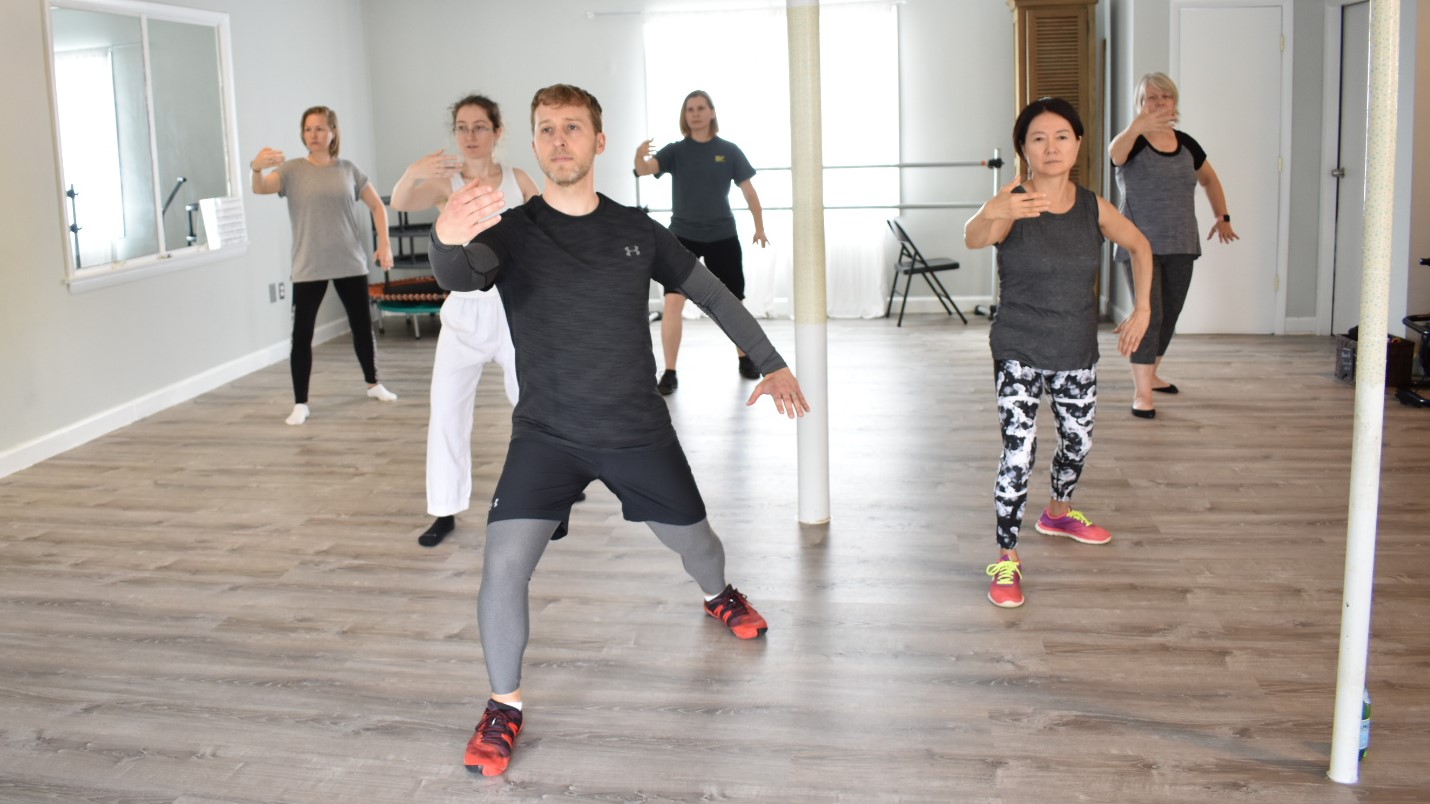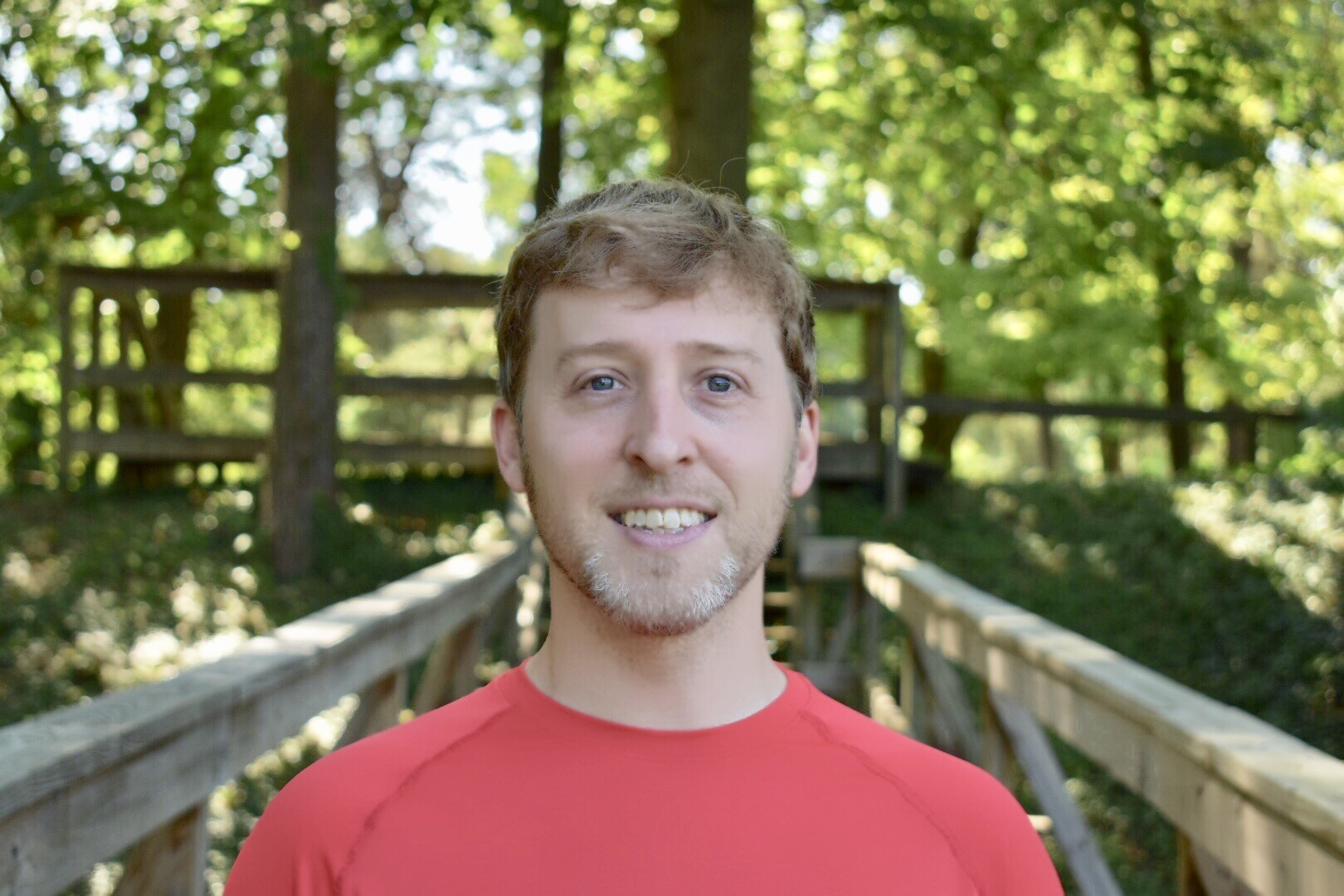
Home
Lehigh Taiji and Qigong
Lehigh Taiji and Qigong is committed to delivering the benefits of Taiji (aka T'ai Chi) and Qigong in an approachable and inclusive environment throughout the greater Lehigh Valley area and globally with virtual Qigong course offerings. Students are guided to become self-sufficient in their practice at all levels to produce results they can benefit from for life. We collaborate with students to achieve their training and health goals, whether a simple routine for general self-care learned over a few weeks or months, or understanding the deeper levels of Qigong and Taijiquan through many years of dedicated practice. Students from beginner to advanced levels will learn approaches to training along with traditional techniques for relaxation, stress-reduction, balance, strength, mobility, and health that they can apply in their daily lives at any age.
Taiji and Qigong are ancient arts that provide unique methods for strengthening the body, improving health, calming the mind, and enhancing how we sense our movements and the environment around us. Lehigh Taiji and Qigong strives to share the experience of these transformative methods with every student. Come experience the potential of these arts for yourself!

